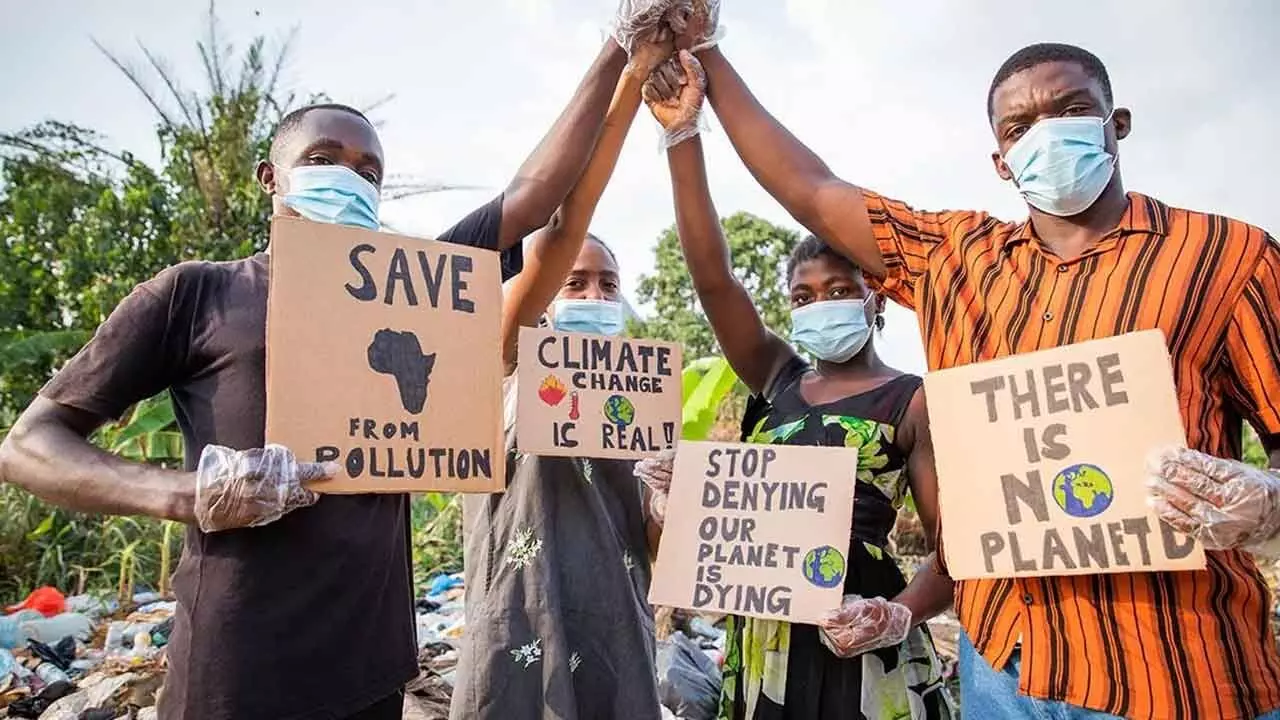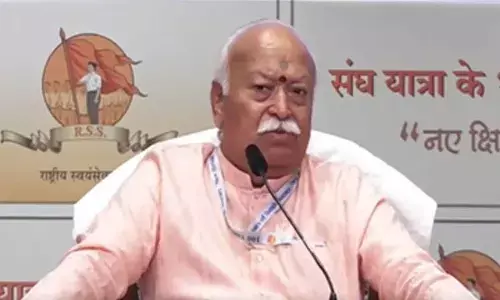Need of the hour: A strong climate financial architecture

The29th Conference of the Parties on Climate Change (COP 29) is taking place in Baku, Azerbaijan, from November 11 to 22 amidst extreme weather events wreaking havoc across the world.
Relentless heavy rains, floods, wildfires, droughts are being witnessed of late in various parts across the globe. In September, tens of thousands were evacuated to escape the wrath of floods in Austria, the Czech Republic, Poland, Romania and southern Germany. United Arab Emirates and Oman experienced the heaviest rainfall this year and while huge landslides took place in Kenya. In Brazil, floods displaced over half a million people. After the US witnessed back-to-back devastating hurricanes, Spain has just witnessed deadliest floods in decades. A storm caused flash flooding in Spain, killing at least 205 people.
Severe storms unleashing torrential rains that trigger flash floods are the latest of several extreme weather events this year. Rising global temperatures, due to trapping of heat by greenhouse gases that emanate from burning of fossil fuels, is triggering rainfalls that have become more frequent and more ferocious across most parts of the world.
Global warming at a 1.5C temperature rise has led to a phenomenon where a 10-year rainfall event will occur 1.5 times every decade and would be over 10% wetter, according to the UN’s International Panel on Climate Change (IPCC). Today, 1.8 billion people, about a quarter of global population, are reeling under extreme climate change events. Scientists warn that unless efforts are made on a war-footing to arrest the rise in global temperatures, there would be more intense weather events in the years to come. Adding to the growing concerns, the IPCC also forecast that at 2 degrees Celsius of warming above pre-industrial levels, a once-every-10-year rainfall event will occur three times more often and release 30% more rain. Humanity is said to be facing an “existential crisis,” and the governments must make haste to halt climate deterioration.
What is stopping the nations from rising to the occasion? Obviously, it is finance. There is an urgent need for greater awareness than ever before and climate activism by common people and civil societies to put pressure on their respective governments to show immediacy and act earnestly. The world needs to swerve toward green energy at a much faster pace, while curtailing use of fossil fuels.
Meanwhile, it is a stark irony that the very host of the summit, Azerbaijan is set to see its fossil fuel emissions rise by around 20% through 2030, with no commitment to a net-zero target. Climate activists are calling out COP organisers to zero in on such a venue.
At Baku, the COP 29 summit will seek to set up a new annual climate financing target, known as New Collective Quantified Goal (NCQG), to replace the current $100 billion pledge, which has not been fulfilled by the developed nations. The United Nations Conference on Trade and Development (UNCTAD) has projected in its new report that developing nations will need around $1.1 trillion annually in climate financing by 2025, which could climb to $1.8 trillion by 2030. The Baku summit goal is to increase the total amount of climate finance, specify how it will be provided, and ensure it reaches the communities that need it most. It may be recalled that the member-nations agreed at COP28 to make faster transition away from fossil fuels, and the progress will be taken stock of at the COP29 meet. How far the summit will achieve in setting climate finance targets, and the extent to which rich nations will meet their obligations will tell upon the poor nations’ anti-climate change fight.














